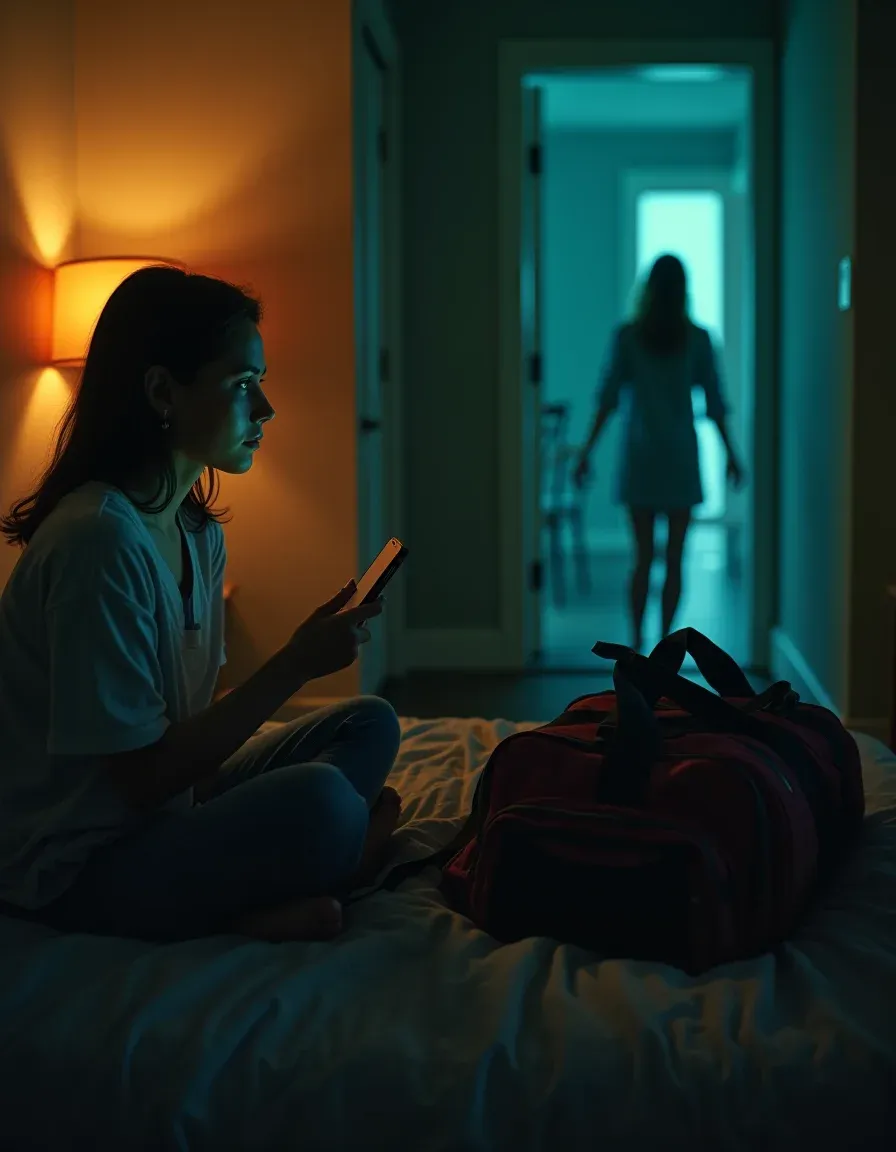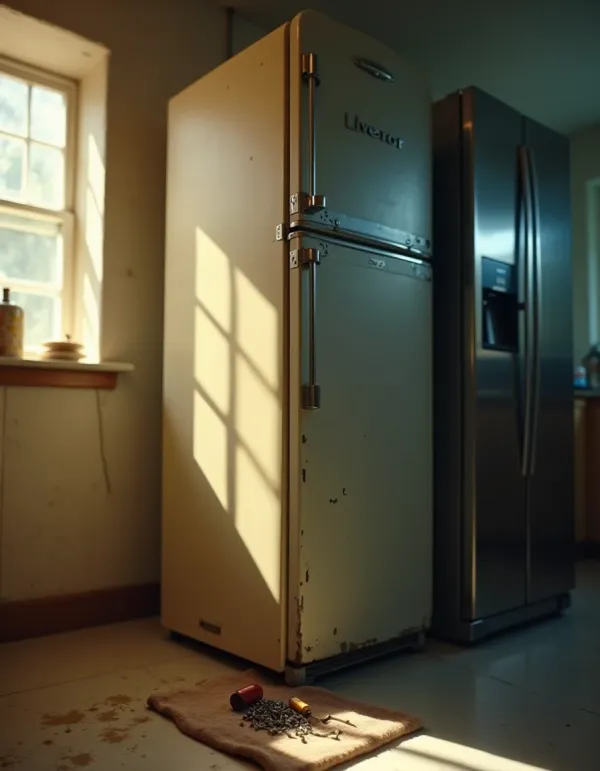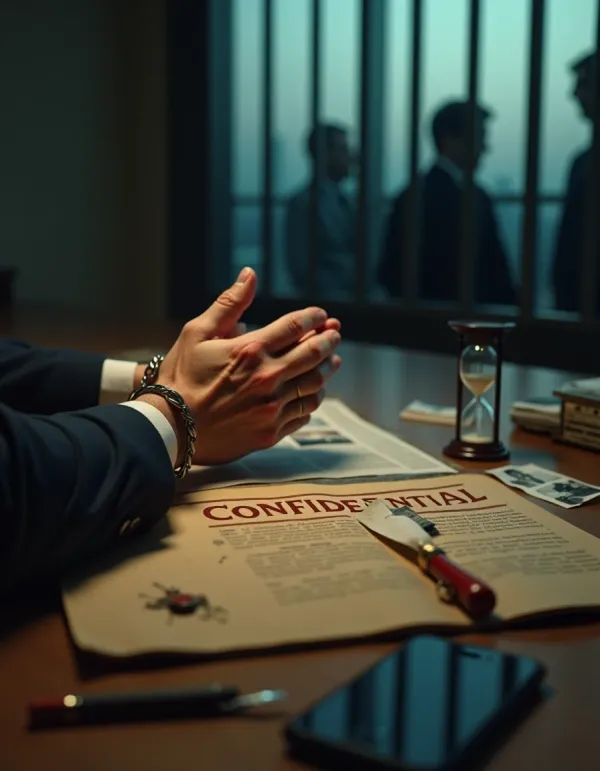She Hit Me. Here's What to Do Next
One hit is one too many. If she hit you, this quick guide gives clear safety steps, how to preserve evidence, when to seek medical or legal help, and where to find support — even if you’re unsure about breaking up.

The question
You’re 22, she’s 22, and she hit you. You’re asking: should you stay? How do you even break up after something like that? What’s the safest next move?
Short answer: physical violence is a boundary you don’t have to tolerate. You deserve to be safe. Period.
What people say — and what actually helps
- Make safety your priority. If you feel at risk right now, call emergency services or get to a safe place.
- Set a clear boundary. You can say something simple: “You hit me. I won’t stay in a relationship where I’m hurt. It’s over.” You don’t owe an in-person break-up to someone who just abused you. Text, email, or even a trusted friend delivering the message is fine.
- Get out and stay out. People warn that physical abuse often escalates rather than disappears. Leaving and blocking contact reduces the chance of more harm and of the abuser pulling you back in.
- Document and protect yourself. Take photos of injuries, save messages, and note what happened and when. Keep any evidence somewhere safe.
- Collect your things safely. Arrange to return items or pick up yours in a public place or through a neutral third party. Don’t go alone if you’re worried.
- Talk to someone you trust. Tell a friend or family member what happened. You don’t have to handle this alone.
Why this is serious
Abuse in intimate relationships can be physical, emotional, or controlling. It’s often part of a pattern where tension builds, violence happens, then things calm down — only for the cycle to repeat. Some people escalate. That’s why many people say one hit is already one too many.
For context, broader resources explain how domestic violence works and why it’s usually safest to get distance and support: Domestic violence — Wikipedia.
Practical next steps
- If you’re in immediate danger, call emergency services now.
- Tell a trusted friend or family member where you are and what happened.
- Consider medical care or a check-up — even small injuries matter.
- Save evidence (photos, texts, dates). It helps if you need protection orders or legal action later.
- Block contact and change locks or passwords if you’re worried about safety or stalking.
- Look into local resources. If you’re in the U.S., the National Domestic Violence Hotline is 1-800-799-7233 or text START to 88788. If you’re elsewhere, search for local hotlines or your local emergency number.
- If you’ve got childhood trauma, this is extra painful. That doesn’t mean you’re weak — it means you might need support (therapy, trusted people, or a help line) to process what happened and stay safe.
A few harder truths and some hope
Some people say abusers will try to manipulate you into staying. They might apologize, minimize, or blame you. Don’t let that fog your judgment. You’re allowed to step away and refuse reconciliation.
You’re not the problem for wanting safety and respect. Ending this relationship isn’t failure — it’s self-protection. With support and time, people rebuild and find healthier relationships.
If you want, tell me where you are (country/state) and I can point you to local hotlines or next steps for getting help and handling logistics safely.




